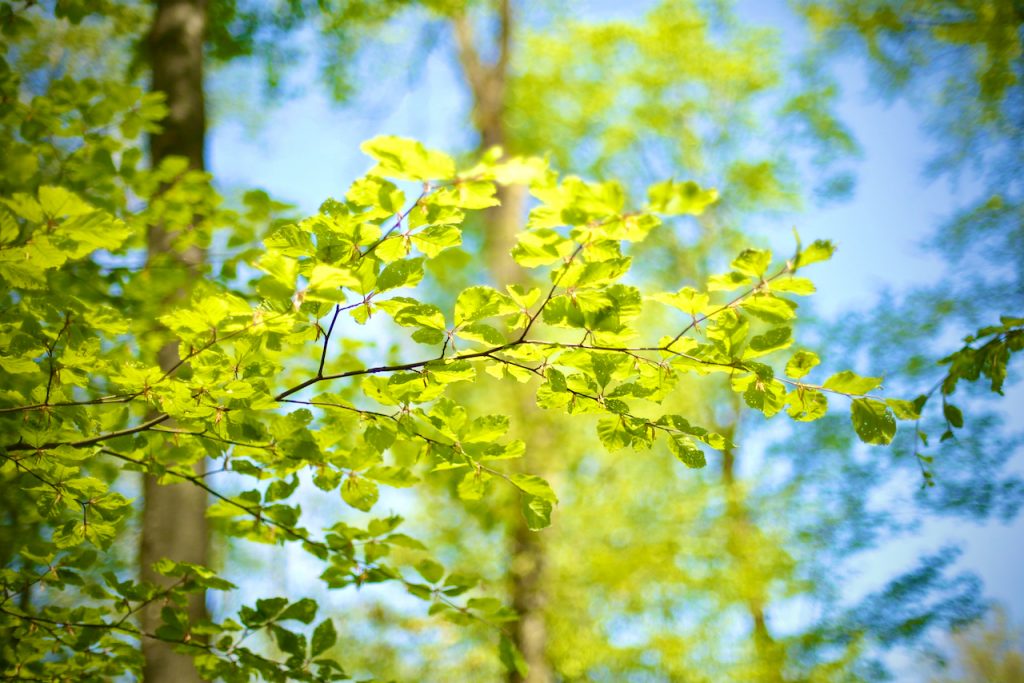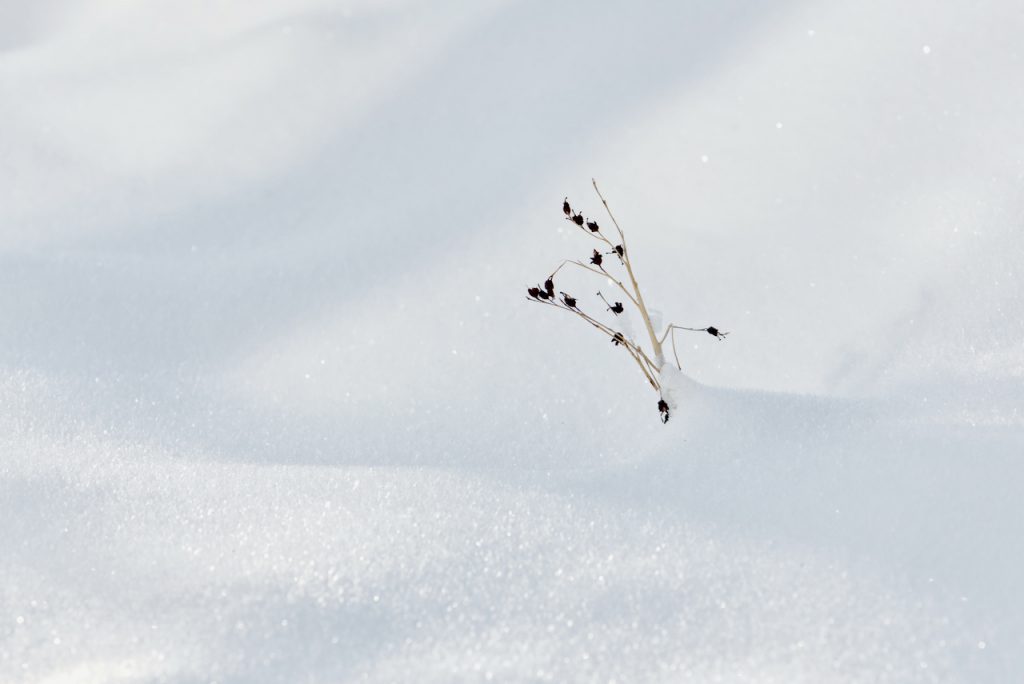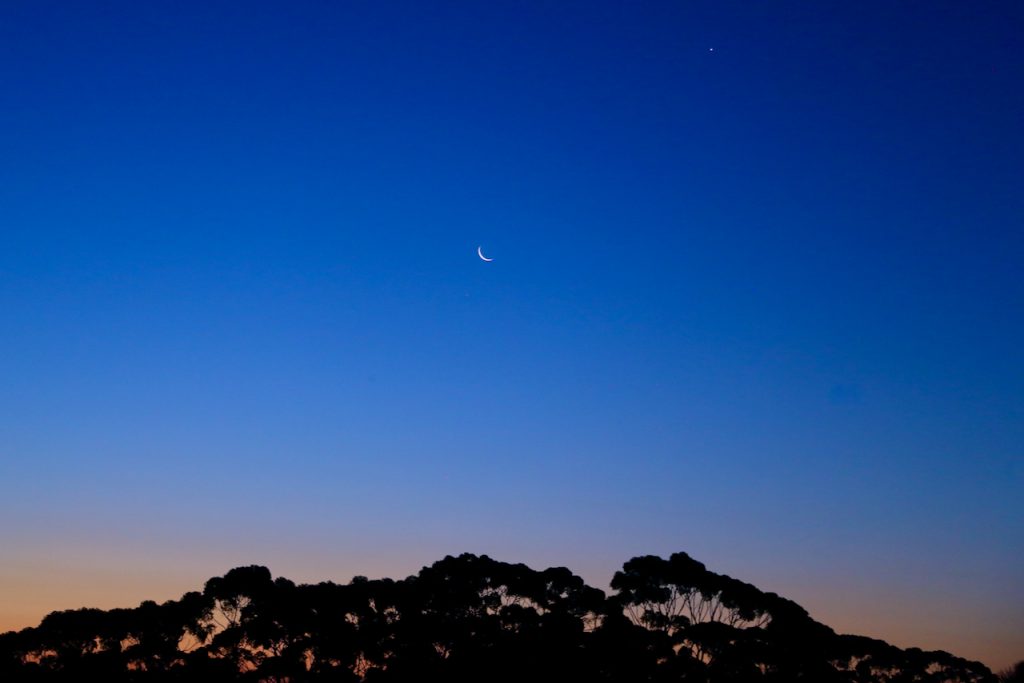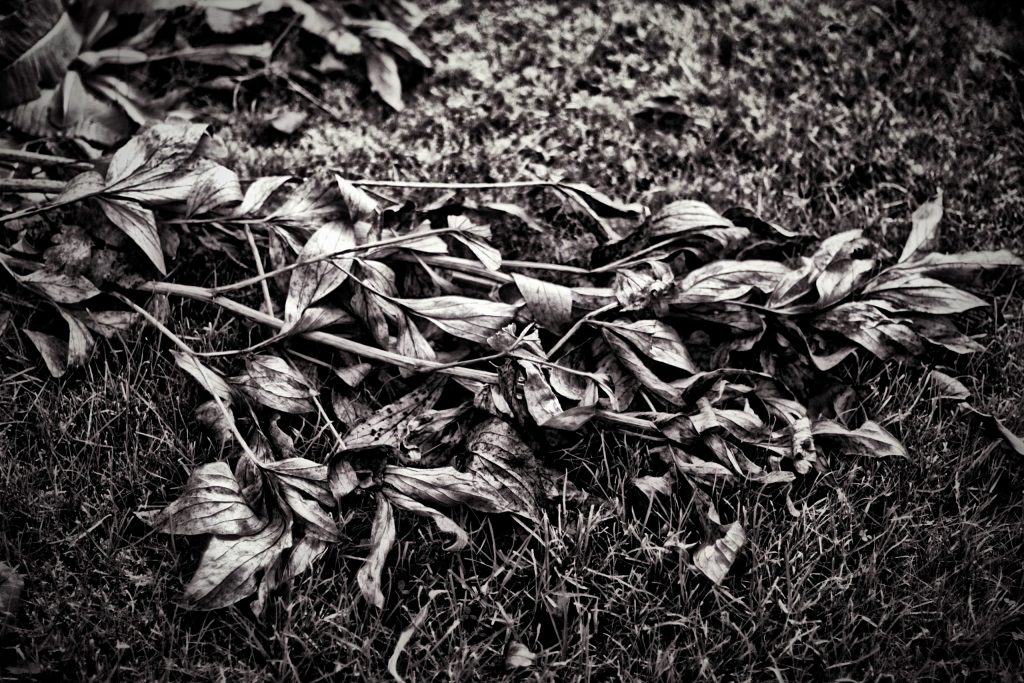- Things to Do in the Belly of the Whale
- From Blossoms
- Wild Geese
- The Peace of Wild Things
- My Gift to You
- Departing Spring
- The Skylark
- What a Strange Thing!
- Although The Wind …
- The Old Pond
- Spring Is Like A Perhaps Hand
- Hast thou 2 loaves of bread …
- Youth and Age
- A Postcard From the Volcano
- The Kraken
- He wishes for the Cloths of Heaven
- There Is a Solitude of Space
- Because I Could Not Stop for Death
- Mad Song
- Answer July
- Success Is Counted Sweetest
- Hope Is the Thing with Feathers
- The Bluebird
- A Vision of the End
- The Crying of Water
- A Rose Has Thorns As Well As Honey
- Winter
- The Dark Cavalier
- There is no Life or Death
- Sheep in Winter
- To a Snowflake
- Sextain
- A Crocodile
- Sea Fever
- The Giant Cactus of Arizona
- The Coming of Night
- Going to the Picnic
- Moon Tonight
- A Southern Night
- Greenness
- Twilight
- On the Wing
- In Summer
- Before Parting
- Sonnet
- The Red Wheelbarrow
- Acceptance
- At The Pool
- Incurable
- Bluebird and Cardinal
- [Say What You Will, And Scratch My Heart To Find]
- The River
- Vas Doloris
- Squirrel
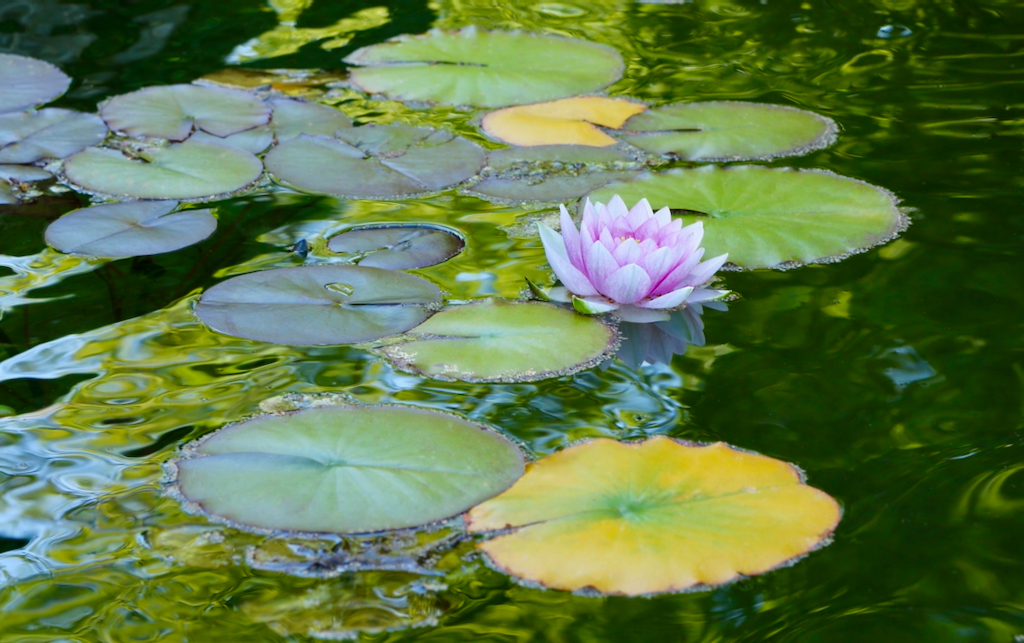
The old pond:
A frog jumps in,—
The sound of the water.
by Matsuo Basho (1644 – 1694) was the most famous Edo period poet and a haiku master.
To read more poems, click here.
